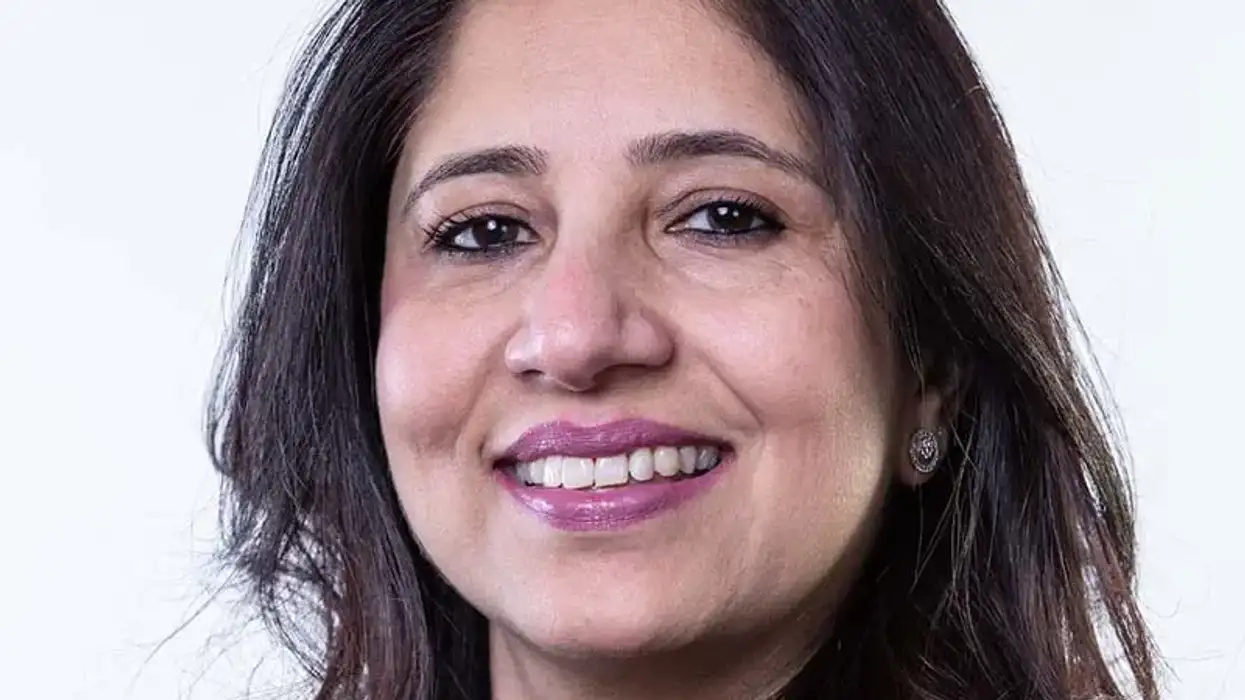THE Institute of Civil Engineers (ICE), an independent professional association for civil engineers and a charitable body in the UK representing 95,000 members, has elected the first Indian-origin president in its 205-year history in professor Anusha Shah (top).
As the institution’s 159th president, Shah took charge of her new role with a presidential address on the theme of nature-positive civil engineering at ICE’s London headquarters earlier this month.
Shah specialises in water and environmental engineering and has more than 22 years’ experience in the industry.
“My presidential year will be about how we become a nature and people-positive profession at heart,” Shah said.
“We have failed to understand the interrelationship between infrastructure and nature. We are implementing nature-based and green solutions globally, but in pockets. It’s not the norm yet.”
According to Shah, in her 40s, construction is responsible for 30 per cent of biodiversity loss around the world, but adopting a nature and people-positive approach will enable engineers to reverse the environmental decline.
“Not only will we reach net zero faster, we’ll also improve climate resilience and reap multiple benefits for our society and the planet,” she said.
In a film accompanying her speech, Shah asked civil engineers to better understand the inter-relationship between infrastructure and nature. “Building assets which do less harm to our natural world is not good enough anymore. To put it simply, we don’t have an option but to be nature-positive... Our infrastructure needs to interact with nature in a way which is restorative and regenerative, rather than extractive.”
Shah grew up in Kashmir and was inspired by the region. Aged 23 she discovered a consultancy in New Delhi working on the conservation of the Dal Lake in Kashmir and turned up at their office to talk her way into a consulting project engineer’s role. She went on to become one of only two candidates to win a prestigious Commonwealth scholarship in 1999 and came to the UK to pursue an MSc in Water & Environmental Engineering at the University of Surrey.
“There’s absolutely nothing you can’t achieve if you set your mind to it and drive your life with the right values,” she told students as she accepted her honorary doctorate from the University of East London for her services to climate change in engineering.
The same year, in 2021, the University of Wolverhampton gave her an honorary professorship for knowledge transfer. Shah’s other firsts include the youngest ever and first female chair of the Institution of Civil Engineers, London Region, before becoming a fellow of ICE in 2016. Two years later, she founded the climate change consultancy Plan for Earth with a focus on creating awareness around the climate crisis.
Shah is also a non-executive director at the Meteorological Office, a Royal Academy of Engineering visiting profesor at King’s College London on climate adaptation, sustainability and inclusive design and a visiting professor at the University of Edinburgh.




